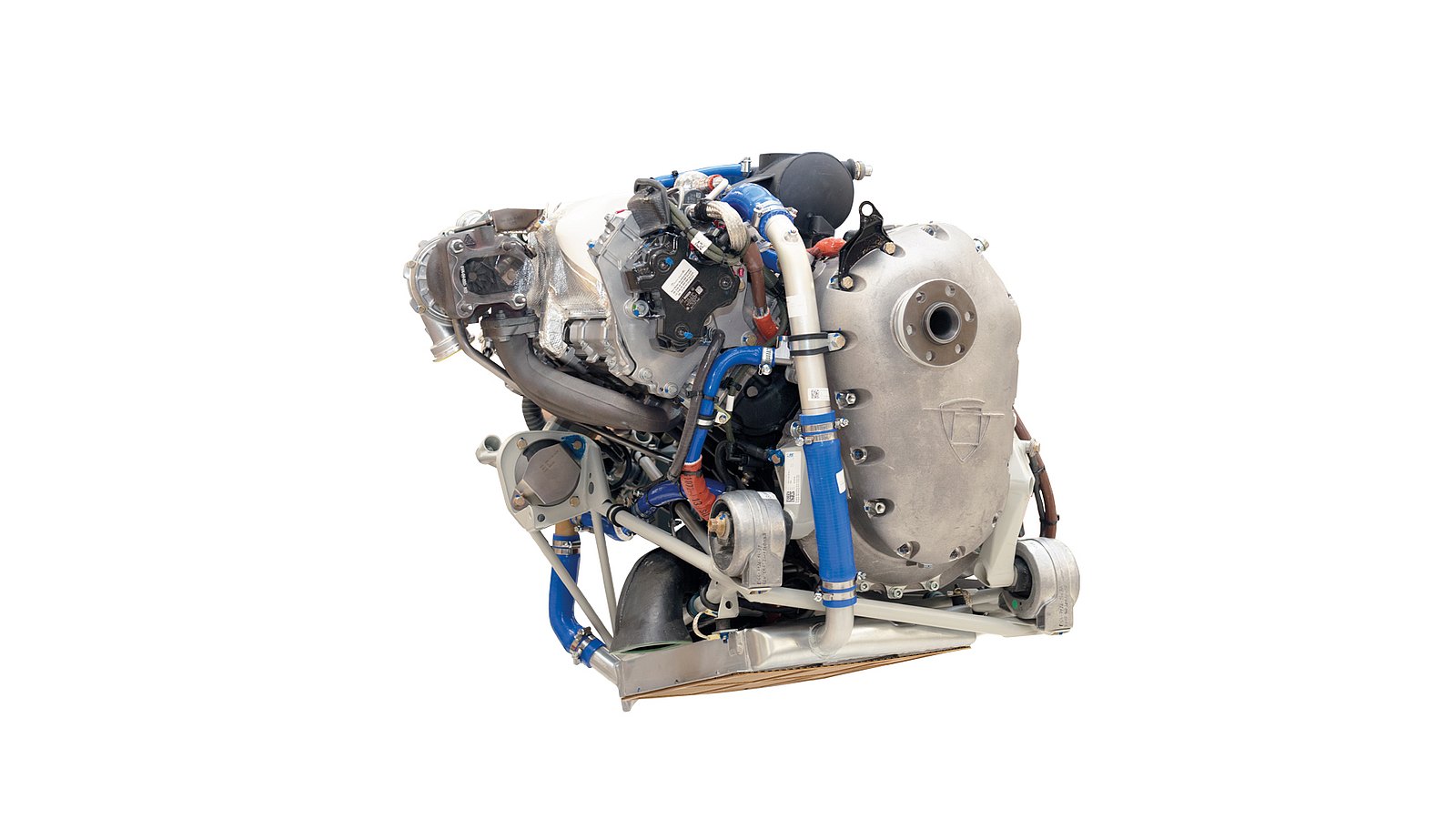Making Sure Long-Term Performance with Engines For Africa Products
Making Sure Long-Term Performance with Engines For Africa Products
Blog Article
A Full Guide to Choosing the Right Engine for Your Task
Choosing the ideal engine for your task is a critical decision that can significantly impact its general success. It is important to carefully specify your project needs, assess efficiency requirements, and think about user-friendliness alongside other necessary elements. In addition, comprehending the community support available and looking at cost effects can better improve your choice. Each of these elements plays a critical role in making sure that your chosen engine not only meets immediate goals yet additionally aligns with long-term goals. As we check out these considerations, you may find that the subtleties of each facet expose greater than at first anticipated.
Define Your Task Requirements
Specifying your task needs is a vital action in selecting the suitable engine for successful application. An extensive understanding of your task's goals will guide you in recognizing the capabilities and functions needed from an engine. Begin by outlining the range of your job, consisting of the desired capability, target market, and the specific results you intend to achieve.
Following, think about the technological requirements that straighten with your job objectives. This includes assessing the compatibility of the engine with existing systems, in addition to the programming languages and structures that will certainly be used. Additionally, analyze the degree of scalability called for to fit future development or changes sought after.
Spending plan constraints also play an essential duty in specifying your task needs. Develop a clear monetary structure to guide your decision-making process, making sure that the engine selected fits within your budget while giving the necessary capability.
Evaluate Performance Demands

Engines that sustain straight scaling are usually preferable for bigger applications. In addition, examine the engine's efficiency under various conditions, such as peak usage circumstances, to guarantee it satisfies your dependability standards.
Take Into Consideration Simplicity of Use
While technical requirements are important, the ease of usage of an engine can dramatically influence the growth procedure and overall project success. An intuitive user interface, clear paperwork, and streamlined operations can significantly decrease the understanding contour for designers, enabling them to concentrate on creative thinking and analytic instead than grappling with complex devices.
When evaluating an engine's convenience of use, consider the onboarding experience. A well-structured intro, total with tutorials and sample tasks, can help with a smoother change for new users. In addition, the clearness and comprehensiveness of the engine's documentation play a vital role; detailed overviews and API recommendations can empower programmers to fix and apply features effectively.
An engine that permits for very easy adjustments can be a lot more straightforward, as programmers can customize it to fit their particular needs without substantial trouble. Inevitably, picking an engine that focuses on simplicity of usage can lead to an extra enjoyable and effective development experience.
Assess Community and Support
The toughness of an engine's area and assistance network can greatly influence a programmer's experience and success. When assessing an engine, take into consideration the dimension and activity degree of its neighborhood.
Furthermore, review the schedule of main assistance channels. Dependable paperwork, receptive customer support, and normal updates are essential for dealing with technological issues and maintaining your job on track. Engines For Africa. Active areas additionally promote cooperation, providing possibilities for networking and responses, which can be invaluable, specifically for tiny teams or independent developers
Additionally, explore the presence of community-run occasions, such as meetups or hackathons. These events can improve your understanding of the engine while connecting you with prospective collaborators and knowledgeable individuals. In recap, a durable neighborhood and support group not just improve development however likewise produce an atmosphere conducive to discovering and advancement, eventually improving the likelihood of your job's success.
Contrast Cost and Licensing Choices
Budget plan considerations play a crucial duty in selecting the appropriate engine for see here your job, as the price and licensing choices can dramatically influence both temporary costs and lasting viability. Engines For Africa. Different engines supply differing prices frameworks, which can consist of single acquisition costs, membership models, or revenue-sharing agreements based on your task's profits

Licensing alternatives also vary considerably. Some engines are open-source, using versatility and community-driven support, while others may call for proprietary licenses that restrict use and distribution. Recognizing the find this effects of each licensing model is crucial, as it impacts ownership rights, future scalability, and potential lawful obligations.
Final Thought
Finally, selecting the ideal engine for a project demands an extensive examination of specified task needs, performance demands, simplicity of usage, neighborhood assistance, and expense factors to consider. By methodically dealing with these essential variables, decision-makers can make certain placement with both future and current task needs. An educated choice ultimately improves the chance of task success, enabling efficient resource allotment and making the most of possible outcomes within the specified monetary restrictions.
Selecting the suitable engine for your project is a critical choice that can significantly impact its overall success.Specifying your More about the author job needs is an essential step in picking the suitable engine for effective implementation. An extensive understanding of your job's purposes will assist you in identifying the attributes and capabilities needed from an engine.Once you have a clear understanding of your project requires, the next action is to review the performance needs of the engine.In final thought, selecting the appropriate engine for a project requires a detailed analysis of specified task needs, efficiency demands, simplicity of usage, community assistance, and cost considerations.
Report this page